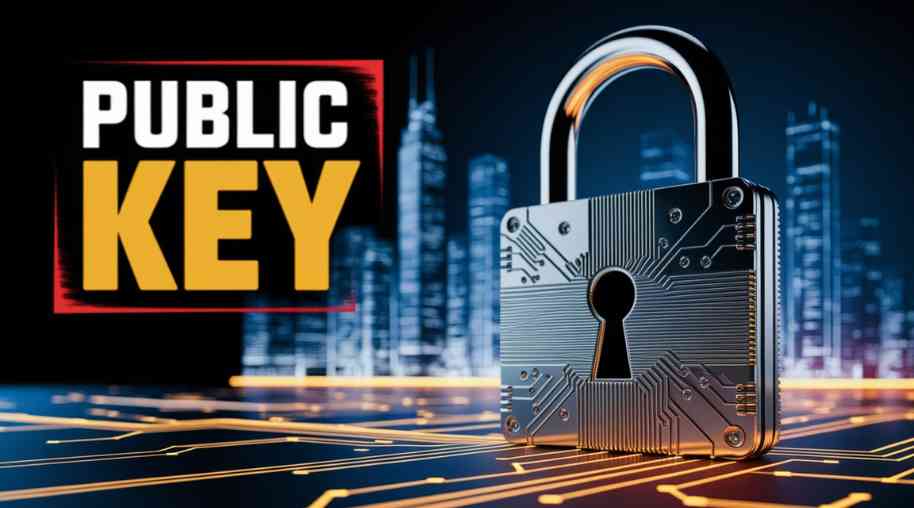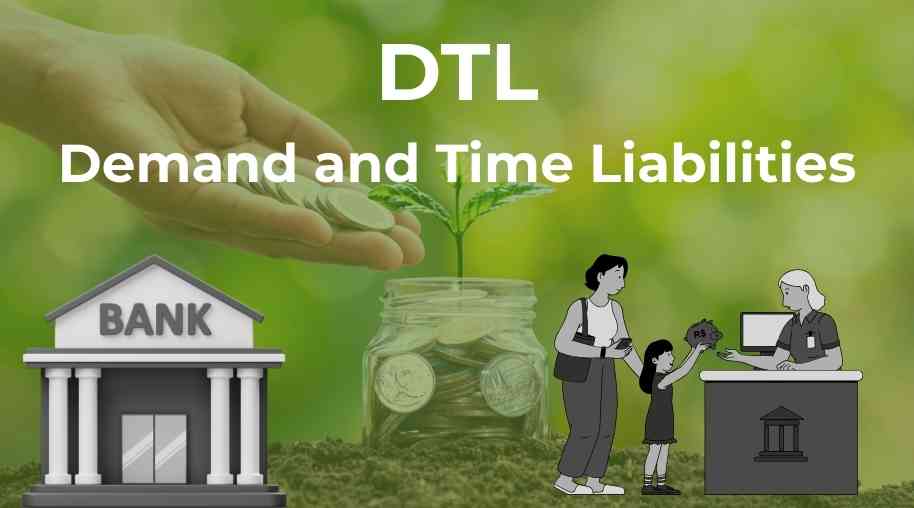PKI Full Form-Public Key Infrastructure
by Shashi Gaherwar
0 1015
Public Key Infrastructure: Ensuring Secure Digital Transactions
Introduction
With the increasing reliance on digital platforms for communication, transactions, and data exchange, cybersecurity has become a top priority. Public Key Infrastructure (PKI) is a framework that enables secure communication over the internet through encryption and authentication. It ensures that sensitive information is transmitted safely and remains protected from cyber threats. PKI is widely used in securing websites, emails, financial transactions, and government communications.

What is Public Key Infrastructure (PKI)?
PKI is a system of cryptographic technologies that provides secure communication through the use of digital certificates and encryption mechanisms. It relies on a pair of cryptographic keys—a public key and a private key—to verify identities and encrypt data. These keys are managed by a Certificate Authority (CA), which ensures the authenticity and integrity of digital identities.
Key Components of PKI
1. Certificate Authority (CA) – A trusted entity that issues and manages digital certificates.
2. Registration Authority (RA) – Acts as an intermediary between users and the CA, verifying user identities before certificates are issued.
3. Digital Certificates – Electronic documents that verify the identity of a user, device, or organization.
4. Public and Private Keys – Cryptographic key pairs used for encryption and authentication.
5. Certificate Revocation List (CRL) – A list of invalid or revoked certificates maintained by the CA.
6. PKI-enabled Applications – Software and services that use PKI for secure transactions, such as email encryption, SSL/TLS for websites, and digital signatures.
How PKI Works
PKI uses asymmetric encryption, which involves two keys:
• Public Key – Shared openly and used to encrypt data.
• Private Key – Kept confidential by the owner and used to decrypt data.
Here’s how PKI ensures secure communication:
1. User Requests a Digital Certificate – A user or organization applies for a digital certificate from a CA.
2. Identity Verification – The CA verifies the applicant’s identity and issues a digital certificate.
3. Encryption and Authentication – The recipient’s public key encrypts the data, and only their private key can decrypt it.
4. Secure Communication – Websites, emails, and transactions use PKI to establish trust and encrypt data, ensuring security.
Benefits of PKI
1. Enhanced Security – Protects sensitive data from cyber threats using strong encryption techniques.
2. Authentication – Verifies the identity of users and organizations, reducing fraud risks.
3. Data Integrity – Ensures that transmitted data is not altered or tampered with.
4. Confidentiality – Encrypts sensitive communications, making it unreadable to unauthorized users.
5. Regulatory Compliance – Helps organizations comply with data protection laws and cybersecurity regulations.
6. Scalability – Can be implemented for large-scale applications, including government, banking, and enterprise security.
Applications of PKI
• SSL/TLS Certificates – Securing websites with HTTPS encryption.
• Email Security – Encrypting emails to prevent unauthorized access.
• Digital Signatures – Authenticating documents and contracts.
• Financial Transactions – Protecting online banking and e-commerce payments.
• Secure Access Control – Implementing identity verification in organizations.
• IoT Security – Safeguarding connected devices and smart systems.
Challenges and Limitations
1. Complex Implementation – PKI requires proper management and expertise to deploy securely.
2. Certificate Management – Organizations must regularly renew, revoke, and manage certificates.
3. Potential Key Compromise – If private keys are stolen, security is compromised.
4. Scalability Issues – Large-scale deployments require robust infrastructure and maintenance.
Future of PKI
With the rise of cyber threats, artificial intelligence, and blockchain, PKI continues to evolve. Innovations like quantum-safe cryptography and decentralized identity management are being developed to enhance security in an increasingly digital world
Public Key Infrastructure (PKI) plays a crucial role in securing digital communications by enabling authentication, encryption, and data integrity. As cyber threats evolve, PKI remains a fundamental technology for ensuring trust and security in online transactions, making it essential for businesses, governments, and individuals alike.

Share:








Comments
Waiting for your comments